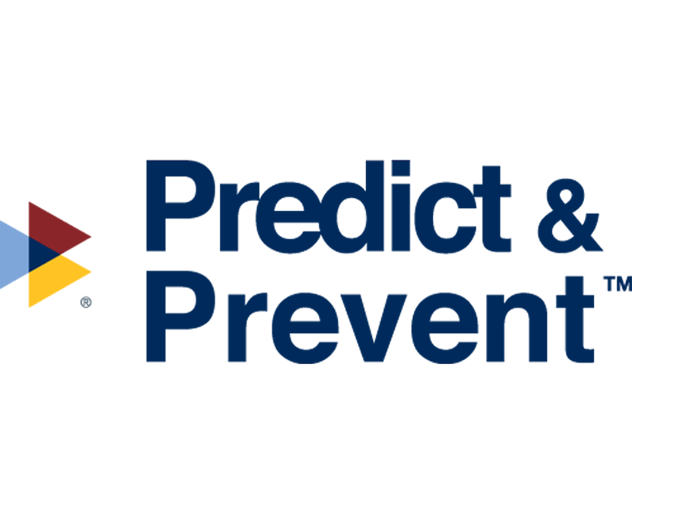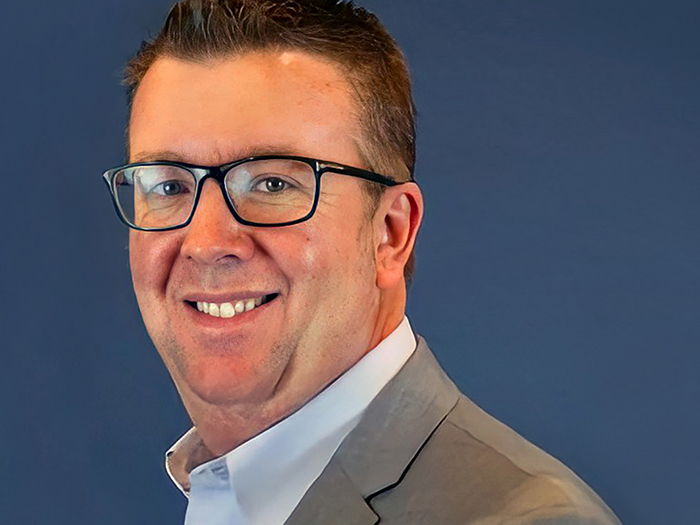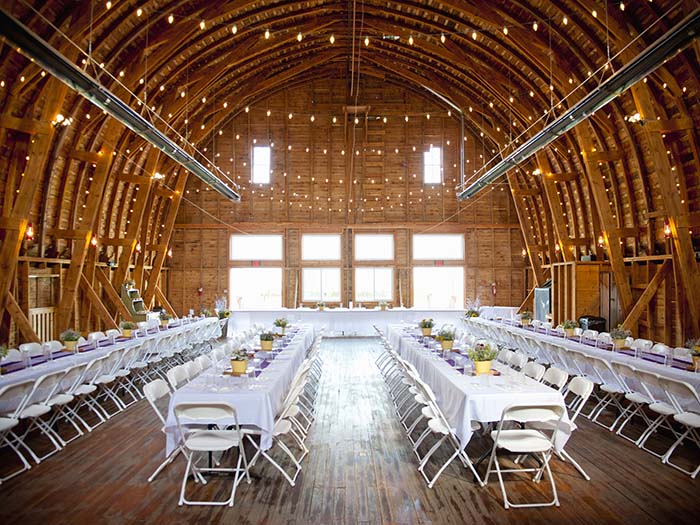The Predict & Prevent™ Podcast Episode 7: Climate Risk Exposure and Reaching Resiliency

A focus on prevention is just as critical to the success of a nearly 200-year-old property insurer as it is for a robotics startup that eliminates the fuel that allows wildfires to spread.
In the Predict & PreventTM podcast’s latest episode, “The Insurance OG of Prevention; Technology Can Starve Wildfires of Fuel,” host Pete Miller, CEO of The Institutes, talks to guests from FM Global and BurnBot to hear about their predict and prevent efforts.
Randy Hodge, executive vice president, staff insurance operations for FM Global, and Anukool Lakhina, CEO and co-founder of BurnBot, share how each organization applies research and technology to proactively mitigate climate risks and make businesses and communities more resilient.
In the first segment, Miller and Hodge discuss how FM Global was founded on a belief that most losses are preventable, the benefits of pairing risk engineering with research, ideal customers aligned with insurer’s philosophy of loss prevention, creating resilience credit to mitigate climate risk exposures, expanding suite of climate risk data and insights, adopting aerial imagery and AI for remote risk analysis, and the importance of investing in research to stay ahead of evolving risks.
“Our unique philosophy is based on a simple premise, and that is the majority of loss is preventable. It’s preventable through applying sound engineering and science-based principles,” Hodge said.
“And though the world’s gotten a lot more complex, our basic business model has not changed significantly in nearly 200 years.”
In the next segment, Miller talks with Lakhina about personal wildfire experiences that led he and his wife to create Wonder Labs, charting the intersection between disasters and emerging technology, using BurnBot’s advanced robotics to scale fuel treatment, the imbalance in resources for prevention vs. recovery, increasing investment in wildfire prevention innovations, and how insurance can incentivize fuel breaks and fuel treatments to harden landscapes.
“We were working on technology to suppress wildfires, and then we realized that, hey, the best way to fight these big fires is to make sure they don’t start. You know, the old phrase prevention is better than cure,” Lakhina said.
“And so we decided to really focus our efforts on treating fuels, treating dead vegetation, treating hazardous fuel loads, by reducing them and removing them. In so doing, we prevent destructive wildfires from destroying our communities and our habitat.”
To listen to this and other episodes, visit predictandprevent.org, or look for Predict & Prevent on most podcasting platforms.
A focus on prevention is just as critical to the success of a nearly 200-year-old property insurer as it is for a robotics startup that eliminates the fuel that allows wildfires to spread. Predict & Prevent dives in. Listen now.










